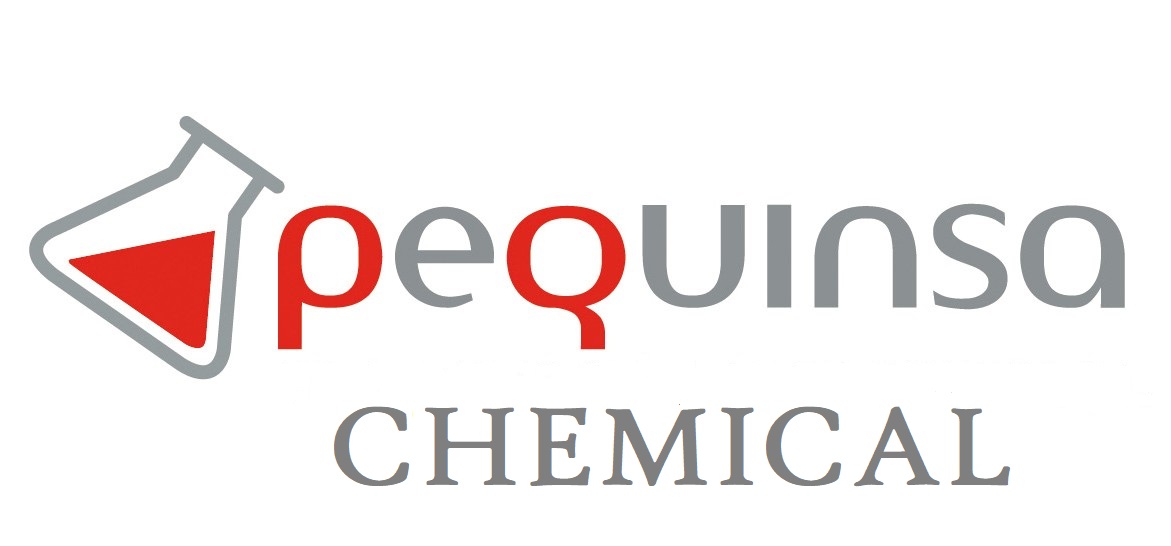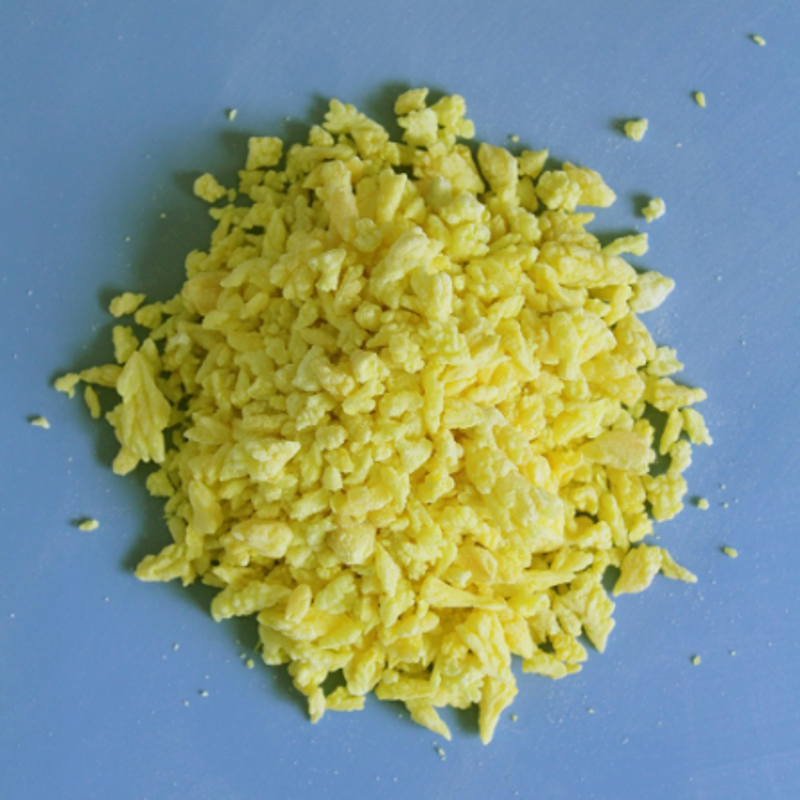-
Categories
-
Pharmaceutical Intermediates
-
Active Pharmaceutical Ingredients
-
Food Additives
- Industrial Coatings
- Agrochemicals
- Dyes and Pigments
- Surfactant
- Flavors and Fragrances
- Chemical Reagents
- Catalyst and Auxiliary
- Natural Products
- Inorganic Chemistry
-
Organic Chemistry
-
Biochemical Engineering
- Analytical Chemistry
-
Cosmetic Ingredient
- Water Treatment Chemical
-
Pharmaceutical Intermediates
Promotion
ECHEMI Mall
Wholesale
Weekly Price
Exhibition
News
-
Trade Service
Colorectal cancer (CRC) is the third highest malignant tumor in the world, and the incidence rate in China has been increasing year by year in the past ten years.
large number of CRC patients eventually develop metastases, with a five-year survival rate of only 14% for palliative care.
, it is of special and important clinical significance to develop new treatment strategies to improve the prognostication of metastasis CRC patients.
numerous experimental and epidemiological studies have found that diet and other lifestyles can affect CRC morbidity and mortality.
found in coffee have antioxidant, anti-inflammatory and insulin-sensitive effects that may help fight cancer.
Recently, a team from the Dana-Farber Cancer Institute and the Mayo Clinic School of Medicine in the United States studied the association between coffee intake and survival rates in colorectal cancer patients and found that drinking coffee may reduce the risk of progression and death from advanced or metastatic CRC disease, with patients who drank two to three cups of coffee a day generally living longer, a lower risk of worsening the disease, and more benefiting from drinking more than four cups of coffee a day.
results were published in JAMA Oncology on September 17, 2020.
researchers screened 1,171 patients with advanced or metastasis CRC from data from a phase 3 randomized clinical trial in Cancer and Leukemia Group B (CALGB), 86 percent of whom were white, 59 years old and 59 percent male.
the participants' daily consumption of caffeinate and decaffeinate-free coffee, as well as caffeine intake from food.
also recorded information on their body mass index (BMI), drug use, tobacco, alcohol, physical activity, and other covariants.
then linked the data to the course of cancer treatment and studied and analyzed it.
total survival rate (OS) and progression-free survival rate (PFS) of patients with different total coffee consumption frequencies were 1,092 (93%) of patients (93%) who died or worsened during the 5.4-year medium follow-up period.
using cox risk regression models to analyze the association between coffee intake and CRC progression and death, and adjusting the covariate information, it was found that consuming more coffee significantly improved the total survival of patients (OS) and their overall life span was longer.
compared to non-coffee drinkers, patients who drank two to three cups of coffee a day had an OS risk ratio of 0.82 and those who drank at least four cups of coffee a day had an OS risk ratio of 0.64.
this benefit was not related to whether the coffee consumed contained caffeine.
total, caffeinated and decaffeinated coffee intake were associated with OS and PFS, higher total coffee intake was also associated with improved progression-free survival (PFS).
drinking two to three cups of coffee a day reduced a patient's risk of worsening by 18 percent compared to people who didn't drink coffee, while drinking at least four cups of coffee a day reduced the risk of worsening by 22 percent.
the study supports the importance of diet and other changeable factors in the treatment of colorectal cancer," said Kimmie Ng, author of the multivariate adjustment risk ratio (HRs) and 95% CIs study from OS and PFS.
But it's too early to use high intake of coffee as a potential treatment for colorectal cancer, and further research is needed to determine whether there is a causal link between coffee intake and improved outcomes in colorectal cancer patients, and which compounds in coffee are the exact cause of this benefit.
"







